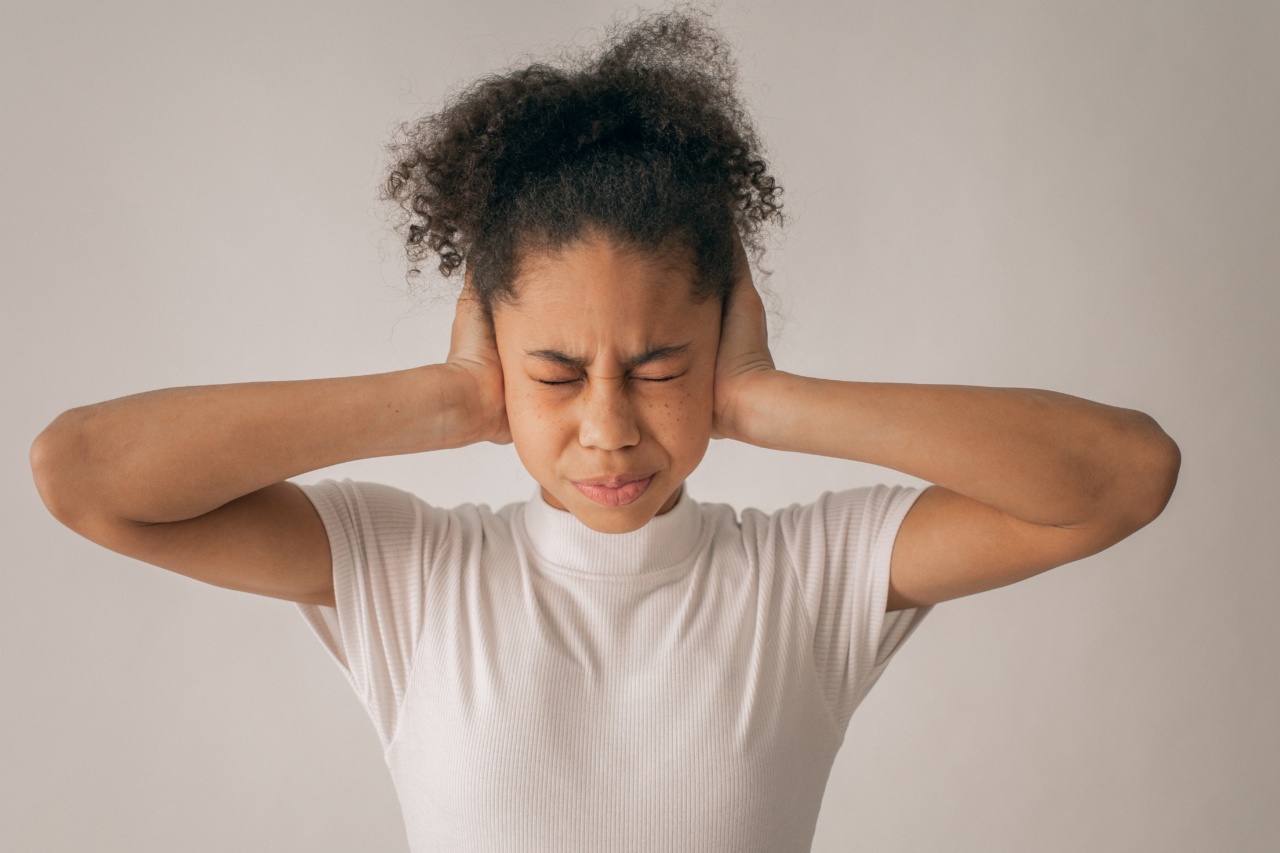Childhood anxiety affects millions of children across the globe, and its impact can be felt well into adulthood.
Anxiety disorders are the most common mental illnesses in children and adolescents, and research has shown that they can have significant and long-lasting effects on the endocrine system, particularly hormonal balance.
What is Hormonal Balance?
Hormonal balance refers to the proper functioning of the body’s endocrine system, which produces and regulates a wide range of hormones.
Hormones are molecules that act as chemical messengers, travelling through the bloodstream to communicate with different parts of the body, and they play a vital role in several bodily functions like growth, metabolism, and reproduction.
When hormones are out of balance, it can affect various aspects of health, including mood, energy levels, sleep patterns, and sexual function, among others.
The Connection Between Anxiety and Hormonal Imbalances
Stress is a significant trigger for the body’s fight or flight response, which involves the release of hormones like adrenaline and cortisol.
When someone experiences anxiety, their body activates the stress response, and these hormones flood the body, preparing it for the perceived threat.
While this response can be useful in short-term anxiety-inducing situations, prolonged anxiety can lead to chronic stress levels that can deplete the body’s resources, leading to a disruption of the hormonal balance.
The Impact of Anxiety on the Thyroid
The thyroid gland is responsible for producing and secreting hormones that regulate metabolism. When the body is under stress, it can lead to higher levels of cortisol, which can inhibit the production of thyroid hormones, leading to hypothyroidism.
Hypothyroidism is a condition where the thyroid gland is not producing enough thyroid hormones, and it can lead to several symptoms, including fatigue, weight gain, depression, and brain fog.
The Impact of Anxiety on the Adrenal Gland
The adrenal gland is responsible for producing several hormones, including adrenaline and cortisol. When the body is under stress, the adrenal gland releases these hormones, preparing the body for the fight or flight response.
However, chronic anxiety can lead to a state of adrenal fatigue, where the adrenal gland becomes depleted and unable to produce sufficient amounts of these hormones, leading to a disruption in the body’s hormonal balance.
The Impact of Anxiety on the Reproductive System
Stress can also affect the reproductive system, particularly in women. When cortisol levels are high, it can lead to a disruption in the menstrual cycle, leading to irregular periods, pain, and PMS.
Chronic stress can also lead to a decrease in progesterone levels, which is a hormone that is essential for fertility. This can lead to difficulty conceiving and an increased risk of miscarriage.
The Impact of Anxiety on Insulin
Insulin is a hormone that regulates blood sugar levels, and stress can affect its production and regulation. Chronic stress can lead to insulin resistance, a condition where the body is unable to respond to insulin properly.
This can lead to a buildup of glucose in the bloodstream, which can result in several conditions, including diabetes and metabolic syndrome.
The Impact of Anxiety on Growth Hormone
Growth hormone is vital for growth and development, particularly during childhood and adolescence. Chronic stress can disrupt the production and regulation of this hormone, leading to growth disorders.
This can result in stunted growth and delayed puberty, among other issues.
Treating Anxiety and Hormonal Imbalances
There are several ways to treat anxiety and hormonal imbalances, including therapy, medication, and lifestyle changes.
Therapy can help individuals manage their anxiety and develop coping strategies, while medication can be effective in managing the symptoms of anxiety disorders.
Lifestyle changes, such as exercise, a healthy diet, and stress management techniques like meditation and mindfulness, can also be effective in managing anxiety and improving hormonal balance.
Conclusion
The impact of childhood anxiety can be felt well into adulthood, particularly when it comes to hormonal balance.
Chronic anxiety can lead to a disruption in several essential hormones, leading to several health issues, including thyroid dysfunction, reproductive disorders, insulin resistance, and growth disorders.
Identifying and treating anxiety in childhood can help prevent these long-lasting effects and lead to improved overall health and wellbeing.






























